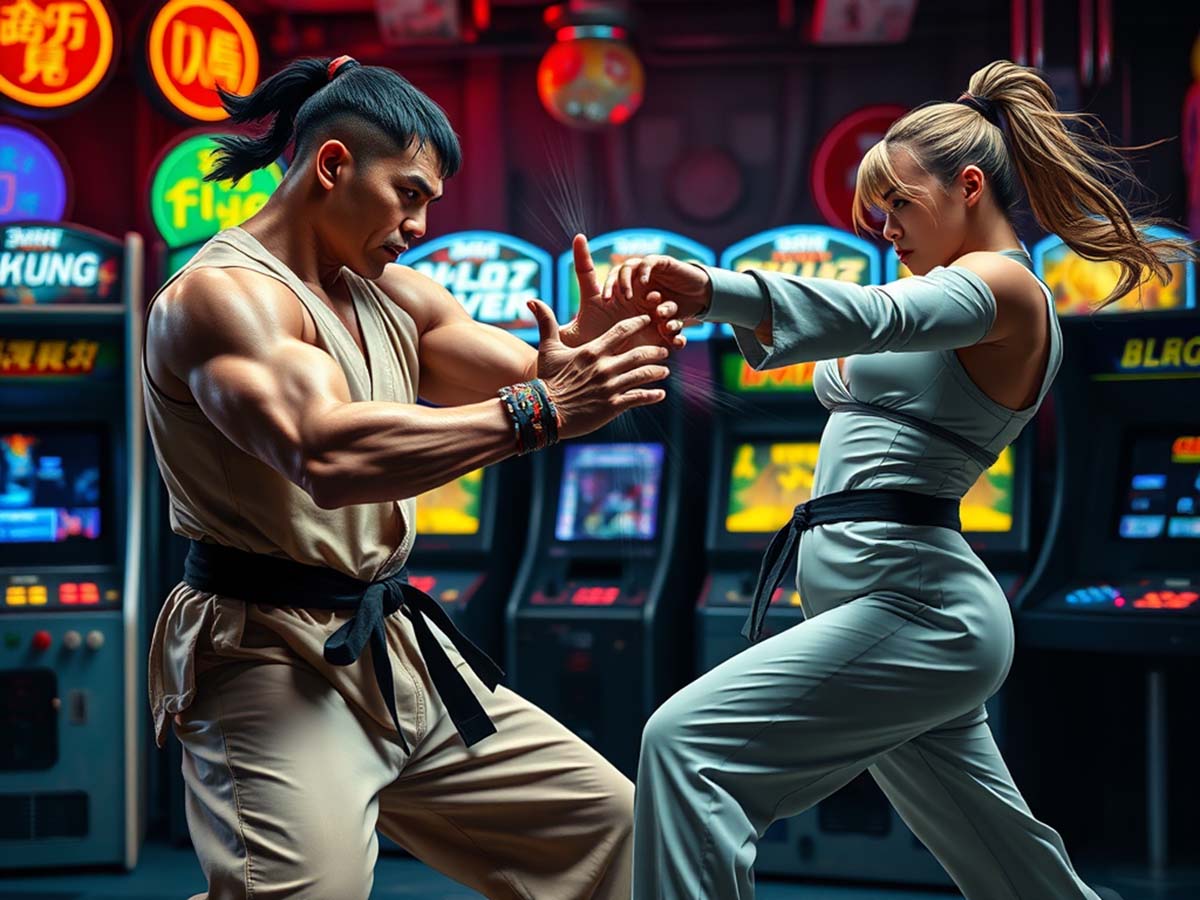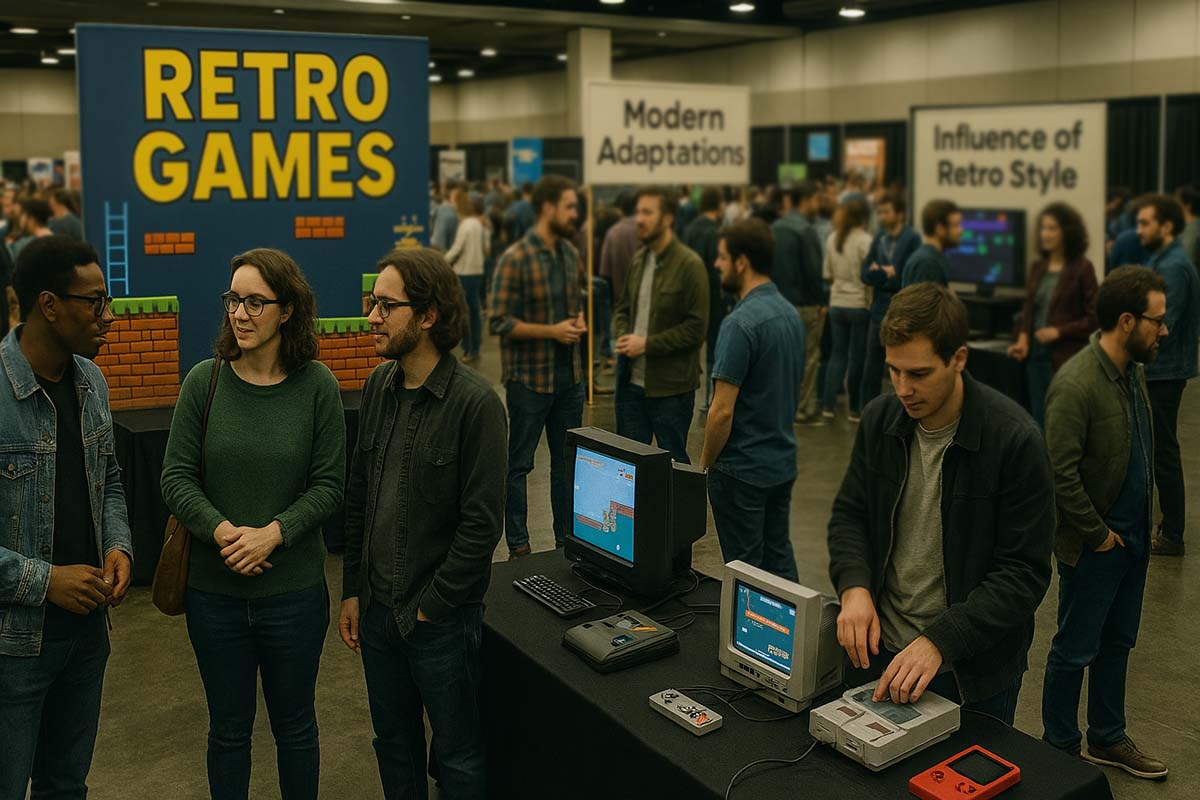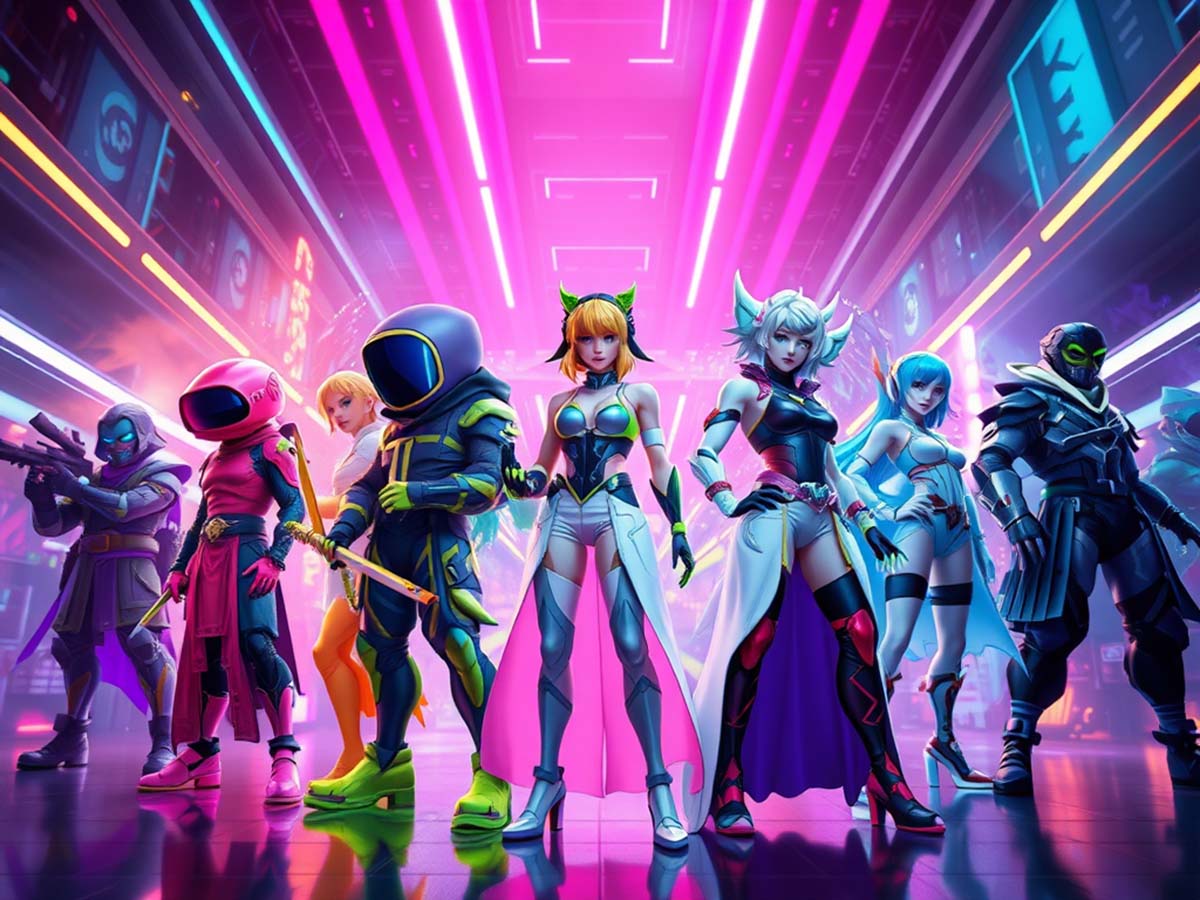Why Capcom’s Legacy Still Matters
Capcom has been a major force in the gaming industry for decades. Its classic titles set the foundation for genres that continue to thrive today. Whether through innovative mechanics, unforgettable characters, or engaging storytelling, the company’s influence can be seen in countless modern games.
Many of today’s biggest franchises borrow elements that Capcom introduced years ago. From combat systems to level design, its contributions extend far beyond its own catalog. Understanding this influence helps appreciate the depth of creativity that still inspires developers worldwide.
The company’s approach to gameplay mechanics introduced lasting concepts such as combo systems in fighting games, inventory management in survival horror, and strategic team play in cooperative action RPGs. These elements have become industry standards that newer developers continue to refine and expand upon.
In addition to mechanics, Capcom’s influence extends to storytelling. Games like Resident Evil demonstrated the impact of narrative-driven experiences in interactive media. Its method of blending gameplay with cinematic storytelling has shaped how modern developers approach game design.
The Birth of Fighting Games
Few companies have shaped the fighting game genre as much as Capcom. Street Fighter II was a turning point, introducing mechanics that became industry standards. The concept of combos, special moves, and competitive multiplayer evolved directly from this title.
Before Street Fighter II, fighting games lacked structure and strategy. Capcom introduced characters with distinct fighting styles, move sets, and backstories, creating a sense of identity and rivalry that fueled the arcade scene. The introduction of a six-button control scheme allowed for precise attack variation, leading to more skill-based gameplay.
The franchise’s impact on arcade culture cannot be understated. The game fostered a competitive spirit that led to the rise of e-sports, long before professional gaming became mainstream. Many of today’s most-watched e-sports tournaments stem from the foundation laid by Street Fighter.
How Modern Fighters Keep the Tradition Alive
Games like Mortal Kombat and Tekken owe much to Street Fighter. The emphasis on skill-based play, diverse character rosters, and balanced mechanics trace back to Capcom’s innovations. Even newer games like Guilty Gear and Dragon Ball FighterZ reflect these early ideas, refining them for modern audiences.
Capcom’s competitive scene also played a major role in e-sports. Fighting game tournaments, including Evolution Championship Series (EVO), built their foundation on Capcom’s contributions. Today, developers continue to use the franchise’s tournament-friendly mechanics as inspiration for their own titles.
Modern fighters, from smaller indie projects to huge AAA releases, strive to capture that arcade excitement. Many rely on Capcom’s blueprint of tight controls, technical depth, and recognizable characters. This approach ensures players of varying skill levels can enjoy the game while still rewarding those who invest time in mastering combos and timing.
Survival Horror Redefined
The horror genre in gaming would not be the same without Capcom. Resident Evil introduced players to atmospheric environments, limited resources, and tension-filled encounters. These elements defined survival horror and continue influencing modern titles.
Early horror games focused on action rather than suspense. Capcom redefined the genre by making the player feel vulnerable through tank controls, fixed camera angles, and inventory scarcity. This shift created an immersive experience where tension dictated gameplay, rather than combat prowess alone.
Capcom’s ability to blend horror with strong narrative elements allowed for an experience that was both cinematic and interactive. This approach became a blueprint for modern games looking to create immersive storytelling within a horror setting.
The Lasting Impact on Horror Games
Modern horror games like The Last of Us and Dead Space use ideas pioneered in Resident Evil. The focus on resource management, immersive storytelling, and deliberate pacing remains a hallmark of the genre. Even remakes of classic titles follow Capcom’s formula, proving its effectiveness.
Developers continue refining survival horror by integrating more dynamic AI, non-linear exploration, and psychological horror elements while retaining the foundational mechanics introduced by Capcom. The success of recent remakes, such as Resident Evil 2, shows that core design philosophies can stay relevant for decades when updated with modern technology.
Players value the sense of dread and uncertainty that arises from limited ammo and surprising enemy encounters. Capcom turned these design choices into key features for a genre that thrives on suspense. This legacy remains evident in new titles that favor tension and atmosphere over constant action.
Action and Adventure with Mega Man
Mega Man set a blueprint for action platformers. Its non-linear level selection, tight controls, and ability-based progression influenced numerous titles. Many developers still draw from these mechanics when crafting engaging action games.
The idea of acquiring abilities from defeated enemies introduced an extra layer of strategy. Players had to determine the best sequence to tackle bosses to optimize their power-ups. This strategic progression has since been adopted by various modern games.
Additionally, Mega Man introduced precise platforming that required quick reflexes and careful planning. These elements are now common in games designed for both casual and competitive players.
Games That Follow Mega Man’s Footsteps
Titles like Hollow Knight and Shovel Knight embrace the precise platforming and progression systems introduced in Mega Man. Even in 3D action games, the concept of gaining new abilities from defeated enemies remains a popular mechanic.
Developers continue to incorporate Mega Man’s influence by introducing free-form level progression and skill-based combat, ensuring action platformers remain engaging and rewarding. Some titles include branching pathways or hidden upgrades that harken back to Mega Man’s legacy of rewarding exploration.
Modern action games also mirror the balance between challenge and accessibility. While Mega Man demanded careful memorization of levels, it also allowed players to choose stages in any order. That flexibility is echoed today in titles that encourage experimentation in both difficulty and playstyle.
RPG Innovations from Breath of Fire
While Capcom is not as well known for RPGs, its Breath of Fire series introduced mechanics that made lasting impressions. Transformation-based abilities, deep character progression, and layered storytelling influenced later RPG design.
Unlike many traditional RPGs of the time, Breath of Fire allowed players to shape their combat style by transforming into different dragon forms. This level of customization created a fresh approach to character evolution.
Additionally, the series combined fantasy elements with personal struggles, allowing players to form bonds with memorable party members. This sense of camaraderie became a driving force that other RPGs would try to replicate in various forms.
Influence on Modern Role-Playing Games
Games like Octopath Traveler and Bravely Default incorporate turn-based systems with unique skill progression. Capcom’s take on strategic combat and immersive worlds helped shape what players expect from RPGs today.
Many RPGs now use hybrid mechanics that blend turn-based combat with real-time interactions, an evolution of the ideas first experimented with in Breath of Fire. Some modern titles add communal or co-op elements, reminiscent of how Breath of Fire introduced party-based battles that required synergy among characters.
The exploration of transformation as a core mechanic has also persisted. Newer RPGs continue to experiment with shifting character forms, whether as a magical ability or a narrative twist. This concept owes much to Breath of Fire’s pioneering approach.
Legacy That Continues to Shape Gaming
Capcom’s classic titles remain relevant not just for nostalgia but for their lasting impact on game design. Developers continue learning from its approach to mechanics, world-building, and storytelling. As modern gaming evolves, the foundation built by Capcom’s classics will remain a guiding influence.
The company’s willingness to innovate while preserving its core gameplay philosophies ensures its legacy will continue to inspire generations of players and developers alike. Even in an era of high-end graphics and massive open worlds, core principles like balanced combat, clear progression, and memorable characters persist in new releases.


